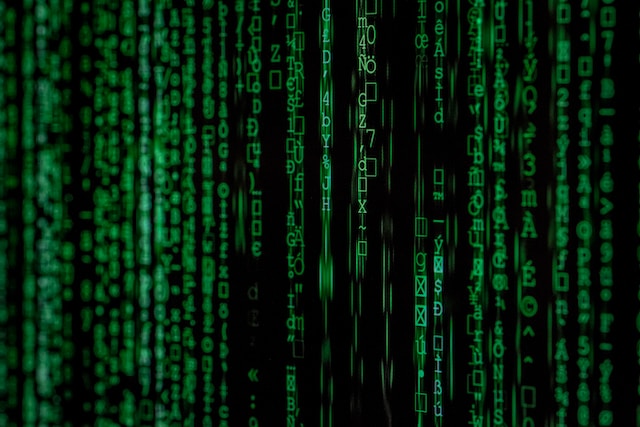Cybersecurity: Protecting Yourself in the Digital Age
Now more than ever in today’s digital age, it’s more important than ever to take steps to protect personal information online. Cyber attacks are becoming increasingly common, and adversaries are are finding new ways to compromise data and exploit vulnerabilities.
I noticed that most of the tips for staying safe in cyberspace boil down to the following categories.
Keep your software up-to-date
One of the crucial steps to protect oneself from cyber threats is to ensure that the software being used is always up-to-date. This includes the operating system, web browser, and any other regularly used software. The updates for the software often contain security patches that address known vulnerabilities, making it essential to install them promptly.
Use strong passwords
Using strong and unique passwords for each online account is another essential measure to enhance cybersecurity. This involves avoiding common phrases and utilizing a combination of uppercase and lowercase letters, numbers, and special characters. It is also advisable to refrain from using identical passwords for different accounts, as this could potentially facilitate hackers’ access to all personal information.
Be cautious of suspicious emails and messages
Cyber adversaries frequently employ phishing attacks to deceive individuals into disclosing their personal data. These attacks generally manifest as emails or messages that appear to originate from a credible source, such as a bank or social media platform. It is advisable to exercise caution and refrain from responding to messages that request sensitive information or prompt you to click on a link. Before taking any action, it is recommended to authenticate the identity of the sender to avoid falling prey to such fraudulent attempts.
Use two-factor authentication
Two-factor authentication (2FA) is an additional security measure that enhances the protection of online accounts by necessitating a second form of verification, such as a code sent to a mobile phone or a fingerprint scan. Various online services presently provide 2FA as an alternative, and it is an effortless approach to significantly augment the security of one’s accounts.
Keep your personal information private
In conclusion, it is crucial to exercise discretion when sharing information online. It is prudent to abstain from publishing sensitive and personally identifiable information (such as home address or social security number) online. When interacting with individuals online, it is advisable to be cautious about providing personal information, and it is always recommended to verify the identity of the individual seeking such information.
These were some of the simple guidelines, that can minimize the likelihood of being subject to cyber attacks in the digital era.





